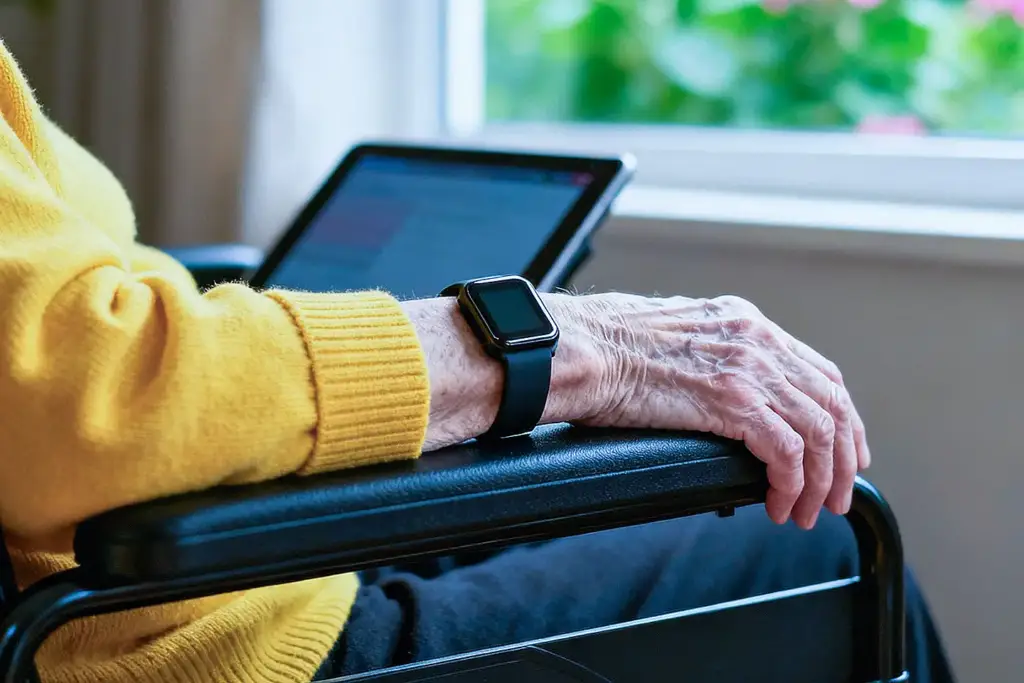Predictive maintenance empowered by Artificial Intelligence (AI) is catalysing a paradigm shift in elderly care within the gerontechnology sector, moving health management from reactive responses to an anticipatory and personalised model. Through continuous monitoring enabled by advanced wearables, ambient sensors, and interconnected smart home technologies, AI analyses complex physiological and behavioural data streams to detect early warning signs. These may include risks of falls, infections, or chronic disease exacerbations long before they manifest clinically. Such foresight allows for timely interventions that substantially reduce hospital admissions and medical emergencies, enhancing the quality of life and autonomy for ageing populations.
Navigating Complexity in System Integration and Data Integrity
The integration of AI-driven predictive maintenance systems in elderly care presents significant technical complexity. Existing healthcare infrastructures are frequently disparate, non-standardised, and reliant on legacy electronic health records (EHR) and devices, complicating seamless data exchange and AI interoperability. AI solutions must efficiently process large-scale, heterogeneous, and often noisy data originating from multiple sources, including biometric sensors and environmental monitors. Technologies such as edge computing are increasingly vital to process data in real-time with minimal latency and energy consumption, vital for continuous monitoring in domestic settings. Moreover, robust cybersecurity protocols are imperative, encompassing end-to-end encryption, dynamic authentication, and intrusion detection mechanisms to safeguard sensitive personal health information against rising cyber threats.
Preserving Autonomy and Equity in AI-Augmented Care
The ethical dimensions of AI-enabled elderly care are both profound and multifaceted. Continuous surveillance, while clinically beneficial, may infringe on the privacy and autonomy of elderly individuals, potentially eroding their dignity if perceived as intrusive or coercive. The opaque nature of many AI algorithms risks undermining trust when decisions affecting health outcomes are not interpretable or explainable. Algorithmic bias remains a critical concern, exacerbated by underrepresentative datasets that may lead to disparities in care delivery across diverse elderly populations. Crucially, technology must complement rather than replace the human dimension of caregiving, preserving empathetic, relational support essential for psychological and emotional well-being.
Establishing Governance Frameworks for Safe and Accountable Deployment

Rapid innovation in predictive maintenance and gerontechnology challenges existing regulatory landscapes, which often lag behind technological advancements. Harmonised frameworks are urgently needed to govern AI development and deployment in elderly care, ensuring rigorous validation, continuous performance monitoring, and risk-based regulation. Enforcement of data privacy legislation such as the General Data Protection Regulation (GDPR)[1] and the Health Insurance Portability and Accountability Act (HIPAA)[2] is critical, particularly given the vulnerability of elderly users. Clear delineation of liability among AI developers, healthcare institutions, and caregivers ensures accountability and safety, while mechanisms to address adverse outcomes and system failures are necessary to maintain public trust and legal clarity.
Advancing Practical and Responsible Solutions for Elderly Care
Global Research leads the way in delivering practical, responsible predictive maintenance solutions that enhance elderly care. By focusing on real-world applications and close collaboration with healthcare providers and regulators, Global Research develops technology that supports seniors to live independently, safely, and with dignity. Their innovations integrate seamlessly into daily routines, balancing reliability with respect for privacy and wellbeing.
References



